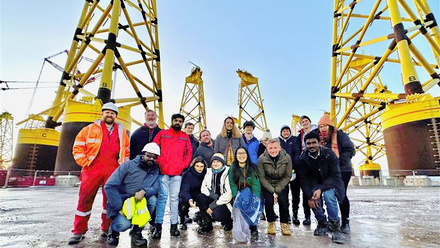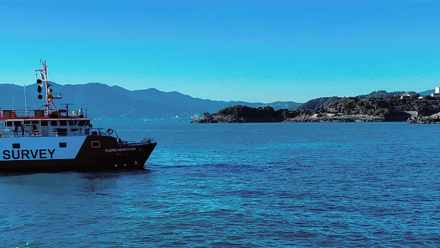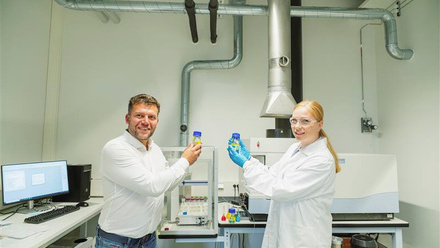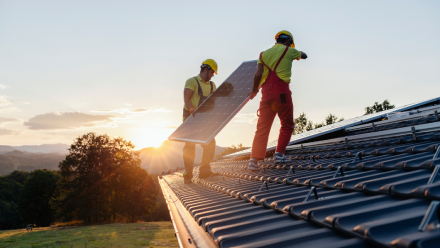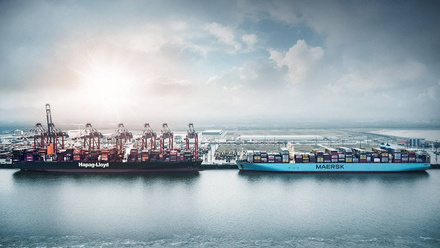WEBINAR: Holistic realisation of ships for operational efficiency and sustainability
The International Maritime Organization (IMO) first introduced Energy Efficiency Regulations in 2011 as part of the International Convention for the Prevention of Pollution from Ships (MARPOL), with the aim of increasing the performance of the incoming global fleet in terms of emissions reduction. In response to the 2015 Paris Agreement, the IMO adopted an ambitious Initial Strategy to reduce Greenhouse Gas (GHG) emissions from international shipping, with the aim of phasing them out as soon as possible – this Initial GHG Strategy was revised in 2023.
To satisfy these increasingly challenging short-term and forthcoming mid and long-term goals for reduced GHG emissions, both ship operators and designers - including machinery and equipment manufacturers - are having to employ and develop an ever-increasing range of sometimes novel and technically challenging solutions to improve ship efficiency and performance.
This presentation considers how the design of ships and their systems is changing in order to increase their efficiency and also decrease their GHG emissions, whilst still resulting in robust, operable and safe solutions for the shipping industry.

